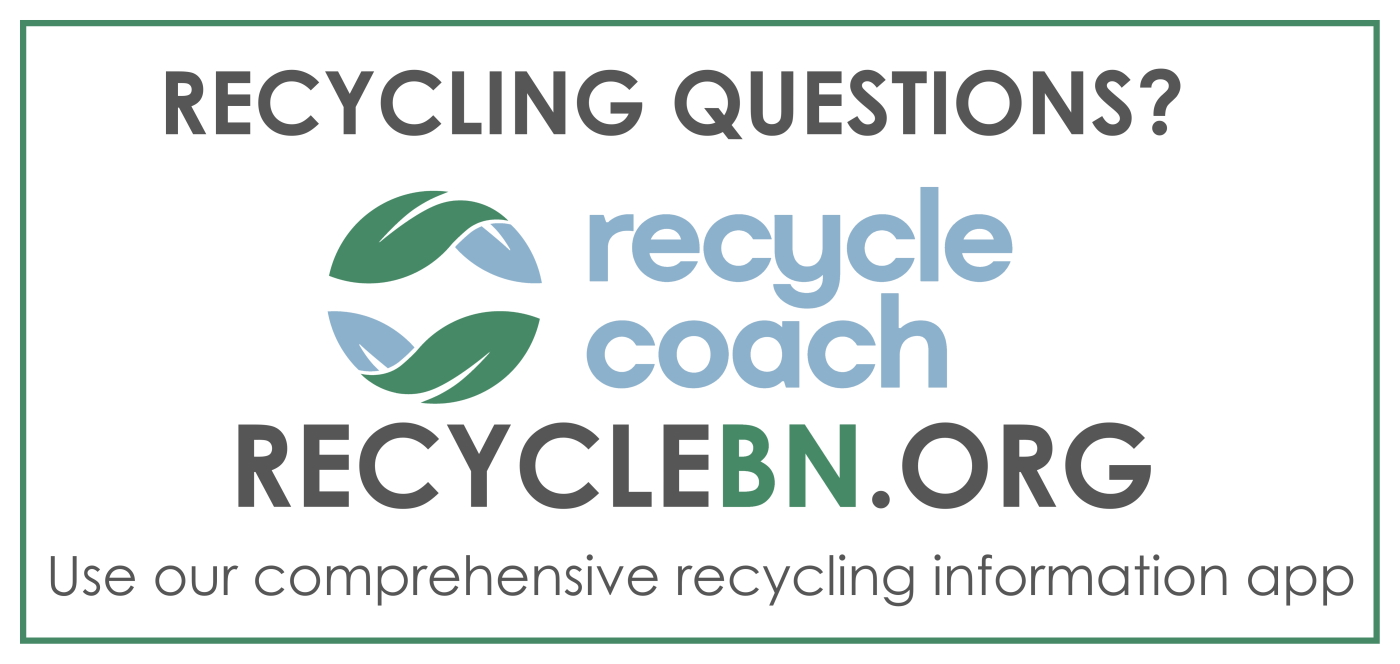Sept. 16, 2013
BLOOMINGTON, Ill.— From small neighborhoods to college campuses, communities across the country have instituted the environmental trend of single-stream recycling. This fall, Illinois Wesleyan also began to address this issue. Due to Illinois Wesleyan’s commitment to sustainability, a myriad of groups and individuals recently worked together to carry out the conversion to single-stream recycling on campus.
Illinois Wesleyan’s shift to this method has the simplified recycling process for students, faculty and staff because all recyclable materials can be placed in a single bin, labeled “Single-Stream Container.” Director of Government and Community Relations and Co-Convener of GREENetwork Carl Teichman said recycling bins are placed next to trashcans, making the choice of what to do with your garbage simple. Proponents of single-stream recycling believe that it virtually eliminates the anxiety and annoyance of spending extra time at the recycling bin.
Acceptable materials include plastics (items numbered 1-5, 7, cut-up plastic ring carriers, plastic cups and containers, such as milk jugs and juice boxes), glass bottles and jars, aluminum cans and foil, steel cans and paper products (newspapers, paperboard, cardboard, gift wrap, books, computer paper).
While the single-stream recycling process is simple for users, the materials undergo many processes once they arrive at a facility. Collection trucks pick up recyclables, where they are brought to a plant specifically designed for separating commingled materials. The processes include a sorting area, where non-recyclables are removed, as well as multiple disc screens, which are large, rotating machines that separate large and small materials. Each specific recyclable is sorted into an area with similar matter, where they are eventually compressed and tied together.
“Recycling on our campus started back in the early ‘90s,” said Teichman. Prior to this fall, Illinois Wesleyan has participated in dual-stream recycling, which requires all materials to be sorted before collection. Teichman said the implementation of the new program took place as a result of an alumna’s studies.
The campus’ plan to execute the conversion was based on an Environmental Studies senior seminar report prepared by Megan George, Class of 2013. In her study, “Exploring Strategies for Converting Illinois Wesleyan University from Dual-Stream to Single-Stream Recycling,” George addressed how an effective enactment of a single-stream recycling program could lead to more recycling throughout campus and focused on recycling programs as a way to reduce waste. She determined that “there are a variety of strategies that can be implemented to increase the rate at which the IWU community recycles.”
Teichman also emphasized the importance of the collaboration with custodial staff and IWU’s Physical Plant to institute the project.
David Shiers, manager of custodial services at the Physical Plant, explained the impact the program has had within his department. He said the biggest difference is the use of one roll-off container. Prior to the implementation of single-stream, the labor crew would separate recyclables between two roll-offs before sending them off. Shiers said all materials could now be put into one roll-off, making the job of the labor crew easier and more efficient.
Illinois Wesleyan’s GREENetwork also played a large part in the process. While no one was opposed to instituting the change, Teichman said, “We were essentially the group that helped get it done.” Originally created in 2000 to reduce Illinois Wesleyan’s environmental footprint, the GREENetwork, formerly the Green Task Force, aims to advance ecological sustainability, the preservation of earth and its resources. With the institution of single-stream recycling, the GREENetwork hopes to increase the ecological consciousness of the campus community.
Teichman said people are “excited about the fact that we’re finally doing this, I think there’s a sense of that happening on campus right now. Sustainability is part of IWU’s Mission Statement and I think its one way of demonstrating to the community and to our student body, faculty and staff that we’re committed.”
Contact: Tia Patsavas ‘16 (309) 556-3181, [email protected]





